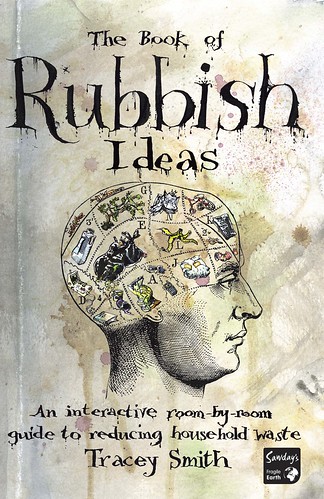
A tomato stood at the beginning of existence
Getting to grips with a little cultivation of some fresh produce in your garden can have a positive impact on your purse and almost certainly on the contents of your rubbish bin.
If you ramp it up a notch from your garden and take on an allotment, you might grow more than you can handle and that’s where sharing the abundance with a neighbour comes in!
If this sounds of interest, you might like to know the 11th to the 17th August is National Allotments Week and there are events taking place all over the country to mark it.
There will be an interview on the BBC’s Countryfile with the Chairman of the National Allotments Garden Trust from a site in London.
National Allotment Week this year is celebrating 100 years of the 1908 Allotments Act. This Act was the first of many the UK public the right to an Allotment Garden. An Allotment Garden, in 1908 was considered to be the answer to many social ills including poor health, excessive drinking and low life expectancy. There was a great need for fresh, affordable food. The UK’s health was never better than during the ‘Dig For Victory’ campaign in the Second World War. This was because of the amount of fresh, seasonal, local food available during this time.
Unfortunately, allotments were lost from the late 1950’s until early in the 21st century. This was because of our growing affluence and the introduction of convenience foods, thankfully for the environment, we are now realising what we have lost, and still have a chance to get it back. Many Local Authorities and private providers are opening up new allotment sites. Some farms are finding that there is a balance between profit and the environment by turning over land for locals to grow their own food. This ranges from community food schemes to providing allotments.
With the downturn in the housing market, and the upsurge in the need for land for people to grow their own food, we hope to encourage more short-term allotment provision to satisfy local needs.
Although the 1908 Act places a statutory duty on Councils to provide a sufficient number of allotments when requested by a letter from “six resident registered parliamentary electors or ratepayers” many councils find that they do not have the ready resources to do so. Nevertheless, there are many examples of councils forming partnerships with local landowners and finding other innovative ways of providing allotments.
National Allotment Week in 2008 has seen the NAG Trust and NSALG (who are the officially recognised representatives of the Allotment movement) put out this joint statement to encourage people to work together with their local authorities and anyone willing to provide land for allotment use. The idea of National Allotment Week started in 2002 to encourage allotment holders to invite the public into their sites. We now see many examples of this working, and have put a poster on our website so that allotment societies and council alike can allow the public to contact them for a guided tour at any time. As many sites found that they were unable to cope with the number of visitors turning up.
Public interest in growing fresh food at an affordable price in a conducive environment has never been as strong as it is at the moment. We are hearing of many waiting lists exceeding the total provision i.e. where there are 100 allotments, there could quite easily be another 100+ on the waiting list. Some allotment providers are offering smaller plots to starters to try to cope with this demand but still finding waiting lists are growing.
For further information and for details on events near you, please visit the National Allotments Garden Trust website, at www.NAGTrust.org

